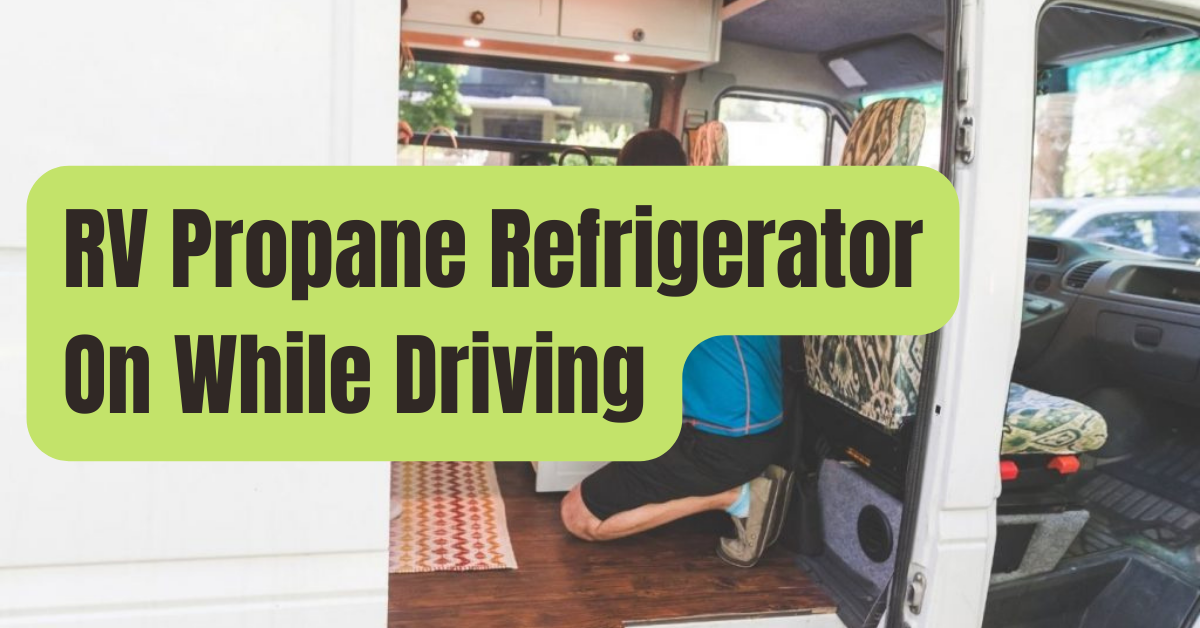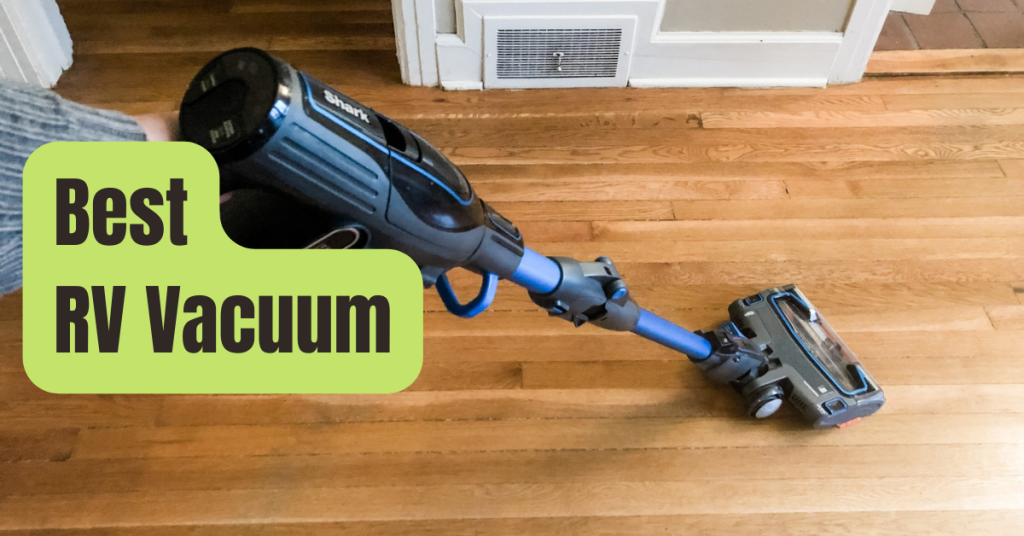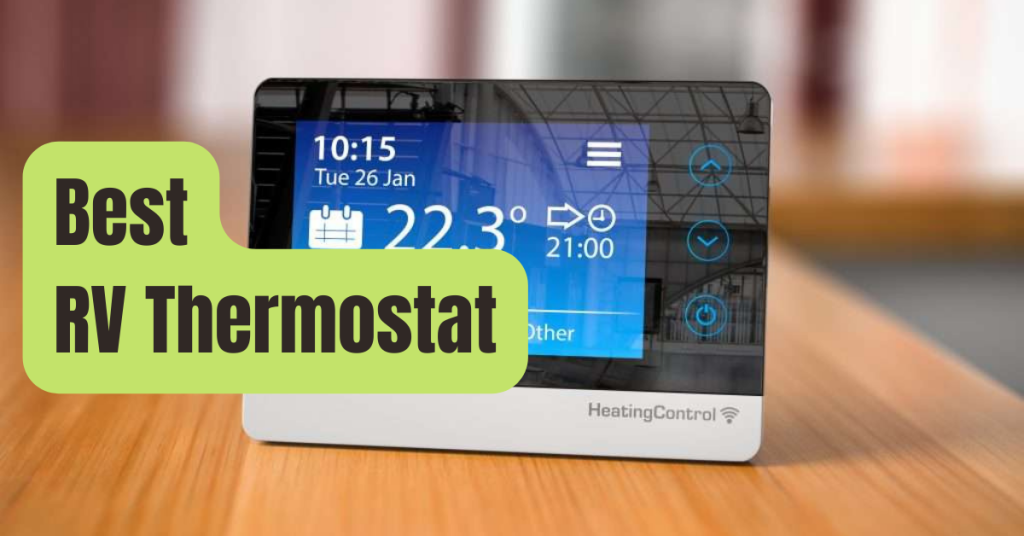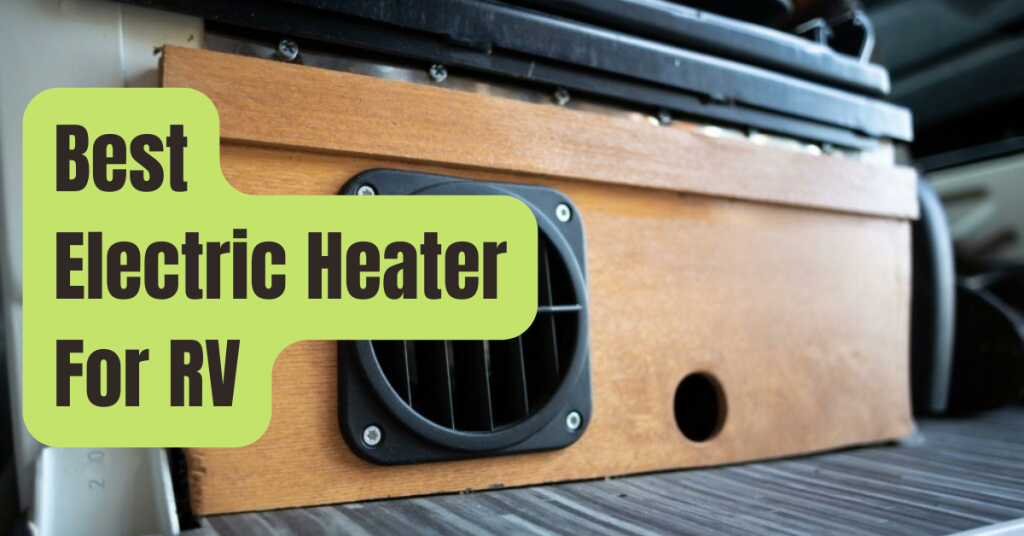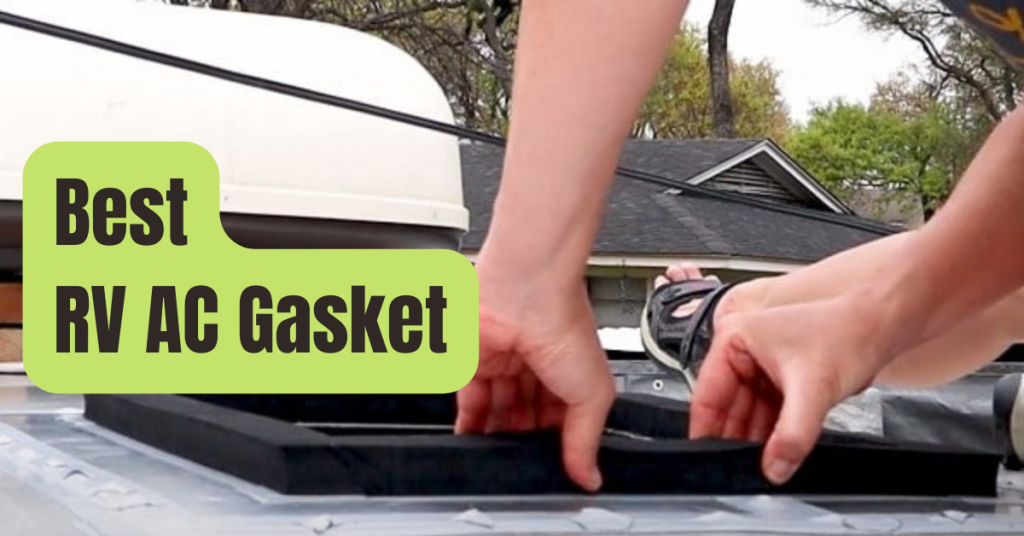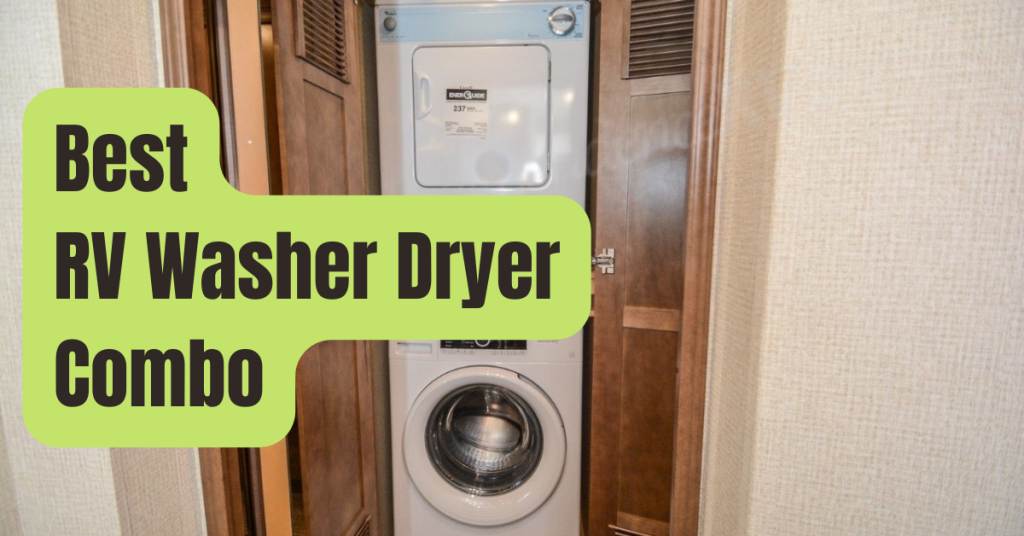Whether or not it is safe to drive an RV with the refrigerator on depends on the individual RVer.
It is technically feasible to continue using your propane refrigerator while you are driving.
But ought you to? Let’s examine the benefits and drawbacks.
RV Driving Considerations with the Refrigerator On
There are several views on whether a travel trailer’s refrigerator can be operated on propane while being driven.
Here is another.
Yes, you can tow with a refrigerator that is powered by propane, is the quick response.
However, ought you to? Leaving the RV refrigerator on increases the danger to the propane system.
Are you prepared to take them?
At Your Own Risk, Leave The RV Propane Running.
I’ve looked through a number of owner’s manuals for travel trailers and RV refrigerators from various manufacturers.
I couldn’t find any information on the safety or hazards of driving an RV with the refrigerator on.
There are no limits listed in the Dometic, Nova Kool, or any of the owner’s manuals on the Gulfstream website.
There were no instructions to switch off the refrigerator when towing when we bought our camper three years ago.
But if you’re anything like me, a little light bulb flashes out.
I’m driving with an open flame behind me, you tell yourself.
What can I do to minimize the hazards of using the RV refrigerator while travelling in this circumstance?
Amerigas, a propane provider, offers suggestions.
When the car is moving, they advise shutting off all gas appliances and the tank valve.
RV Refrigerators Perform At Their Best When Level
Absorption refrigerators are those found in RVs.
Compared to your home’s compressor fridge, they operate differently.
Propane fuels the freezers in RVs.
They lack any moving components.
They are quite dependable as a result.
Heat and chemistry are used by absorption refrigerators to maintain food temperature.
Propane is used to heat an ammonia solution to a boiling point in RV freezers.
As it ascends to the condenser, the ammonia vapor turns into a liquid.
The liquid ammonia is subsequently converted back into a gas in the evaporator by combining with hydrogen gas.
The refrigerator is cooled by this quick evaporation.
The two gases then mix together as they enter an absorber coil.
The hydrogen gas then flows back into the evaporator.
The holding tank receives the liquid ammonia once again.
The process is then restarted by its subsequent combination with the other compounds.
The camper must be level for the RV refrigerator’s absorption cycle to function properly.
Things may happen if the camper is NOT level two.
- First, there is less direct flame contact with the boiler, which reduces the amount of boiling of the ammonia solution.
- The second is that the system must have gravity to function. The liquids will flow more slowly when the camper is not level, generating backups in the cycle.
While traveling, you drive up and down hills and around turns while the RV refrigerator is on.
Your refrigerator needs to work harder to keep goods cool during such times.
Running RV Refrigerators While Driving May Be Dangerous
Running RV refrigerators while you’re driving comes with fire and explosion concerns.
This danger would mostly exist if anything went wrong, and we have all seen problems arise when traveling.
The gas lines beneath the camper might burst and spill if you are in an accident or if a tire blows out.
The propane can get stuck in a storage space or a space beneath the trailer.
An explosion or fire may be started with only an ignition source.
This could occur just before the accident or right after it.
It’s possible that the gas line might be damaged if you ran into anything like a truck tire retread.
It’s possible that you won’t even realize your propane is leaking until your RV is on fire.
If You Continue To Drive While The Rv Fridge Is Running
It is legally needed to switch off all gas appliances before approaching a gas station if you decide to keep the RV refrigerator on while driving.
You have to do that before you even approach the gas station.
Therefore, you must locate a secure location to stop and switch off the RV propane at the source before you even reach the gas station.
In order to switch the propane back on after leaving the gas station, you must locate another secure area to stop.
I think there is too much danger and trouble.
RVers must also switch off their propane tanks before entering several highway tunnels and ferries.
What Happened When I Forgot To Turn Off The Refrigerator
It worked out well when I left the refrigerator on while towing.
When we arrived at the campsite, everything was chilly, including the ice cream.
I’ve also had it perform terribly, melting everything because it became too heated.
Even if there is a mishap, I believe there is a minimal overall chance of fire and explosion.
After all, some automobiles do use propane.
- The fridge not keeping my meals cold enough is my bigger worry.
- Before driving into a petrol station, stopping to switch off the refrigerator is a major bother.
There is also a chance of user mistake.
On instance, I once left quickly for a trip, unplugged the camper from the home, and started driving.
I was unaware that the refrigerator had converted to propane.
Air in the line prevented it from starting.
Three attempts to start the refrigerator later, the check light came on.
Everything in the refrigerator was warm three hours later on a 100 degree day.
How to Keep Food Cold in an RV Refrigerator While Driving
I considered all the dangers of running the RV refrigerator while operating the vehicle.
Instead, when we are traveling, I like to set up our refrigerator like a cooler.
Step 1: Meal Preparation
Before you depart, you are all anticipating what you will do when you arrive to the campground, and many people over-pack their meals.
Then you have a lot of food to take home when it’s time to depart.
Planning your meals in advance can help you avoid having too many leftovers that need to be refrigerated during traveling.
At the conclusion of the journey, the less food that spoils, the better.
Step 2: Whatever Can Be Frozen Should Be Frozen
If it can be frozen, do so and let it defrost in the refrigerator.
Due to the ice we added, the refrigerator may now function as a cooler.
Make dishes using foil-wrapped potatoes or freeze all of your meat before cooking it on the grill or over a campfire.
We bring fried chicken from the deli counter, which can be eaten cold in a picnic-style setting or cooked in a microwave, if you have one, to avoid having to wait for anything to thaw out on the first night of camping.
Burgers and hotdogs may be frozen, then completely or partially thawed before being placed on the grill.
To make brats, just boil them in beer, freeze them, and then thaw them out at the campground so the exterior chars.
Additionally, we’ll freeze the juice boxes for the youngsters and add frozen water bottles.
Step 3: Make It As Chilly As You Can
Two or three days before to your departure, turn on the refrigerator and set it to the coldest setting.
Your food, both frozen and non-frozen, should be tightly packed around frozen water bottles or ice packs.
Use salt water in the frozen bottles if you’re traveling a distance and want the fridge to be extremely cold without turning it on.
Since salt water freezes at a lower temperature than regular drinking water, it will keep things colder longer.
I use ice-cold drinking water more often because I enjoy it.
Don’t open the refrigerator; just add ice.
Similar to a power outage, the fridge will remain colder for a longer period of time if you don’t open it.
You should be able to drive for a number of hours without using gas to power the refrigerator thanks to this.
Put some food and beverages in a cooler instead.
In this manner, you may use them while driving.
Once you get to the campsite, turn on the refrigerator and take out all of the ice packs and some of the frozen water bottles.
Then, for the drive home, place as many as you can in the freezer.
This enables the fridge’s air to circulate.
Step 4: If You Continue To Drive While The RV Fridge Is Running
Before you pull out of the driveway, be sure it is turned on.
Things that can be frozen should still be frozen.
For a little more security, add some ice packs or frozen water bottles.
Do not cram it tightly.
To keep things cool, air has to circulate around.
You should take the necessary steps to keep food cool and secure whether you operate the refrigerator or not.
To keep safe, remember to switch off the refrigerator when necessary if it is on.

